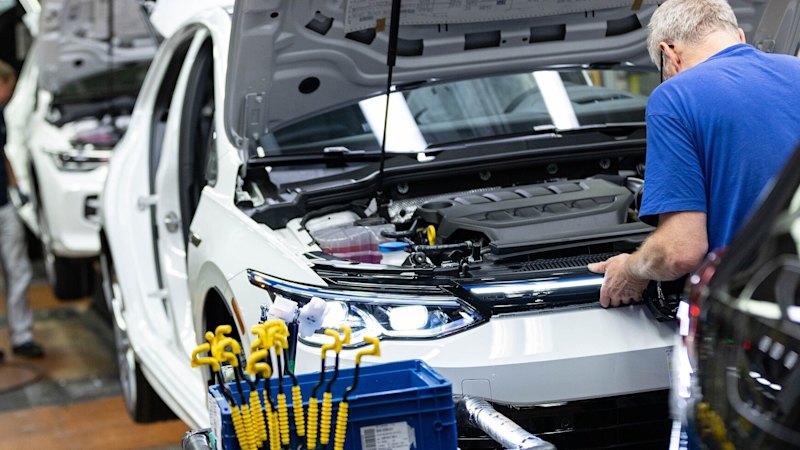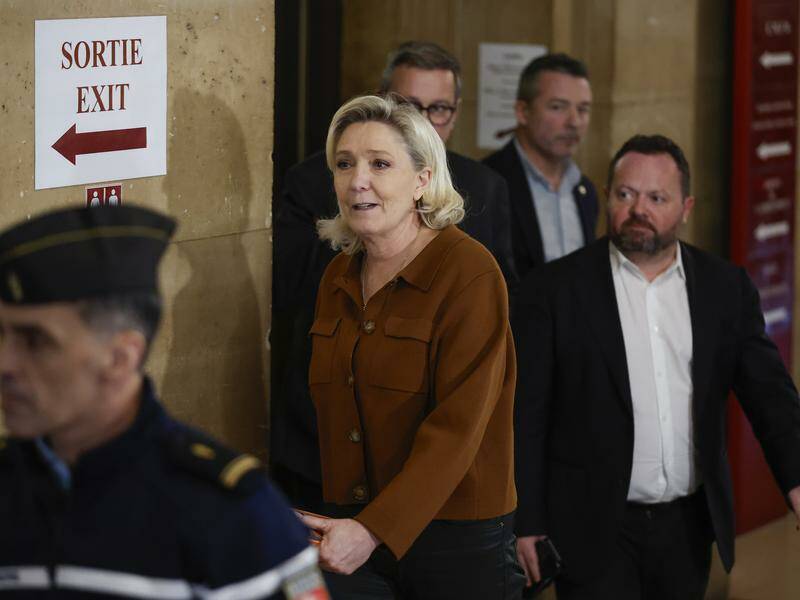
European car manufacturers are on the brink of halting production due to a severe shortage of semiconductor chips. This crisis arises from escalating tensions between the West and China over critical technology and resources essential for modern manufacturing. The European Automobile Manufacturers’ Association (ACEA) has reported that many companies could face assembly line stoppages within days if the situation does not improve.
The conflict began after the Dutch government imposed restrictions on the semiconductor company Nexperia, which is owned by China’s Wingtech Technology. This decision, taken under emergency powers, aimed to protect the supply of chips to Europe and safeguard intellectual property. In retaliation, the Chinese government has blocked Nexperia from re-exporting chips that had undergone final assembly in China, aggravating the supply crisis that European automakers are currently experiencing.
Recent statements from industry leaders indicate that the situation is critical. Sigrid de Vries, director general of the ACEA, noted that while companies are working through reserve stockpiles, the supplies are depleting rapidly. “We know that all parties to this dispute are working very hard to find a diplomatic solution,” de Vries stated. “At the same time, our members are telling us that part supplies are already being stopped due to the shortage. This means assembly line stoppages might only be days away.”
The urgency of the situation is underscored by comments from Ola Källenius, CEO of Mercedes-Benz. He confirmed that while the company currently has enough chips for the short term, they are actively seeking alternatives globally. Other manufacturers, like Japanese car maker Honda, have already scaled back production in North America as a direct result of the ongoing chip shortage.
The European Union is also taking action, seeking a “swift resolution” to the crisis. Talks are scheduled with Chinese officials in Brussels on March 14, 2024. The EU aims to address the ongoing challenges posed by the semiconductor supply chain and improve cooperation with China.
In a recent editorial, The Global Times, a prominent Chinese Communist Party publication, criticized the Dutch government, claiming that geopolitical biases motivated its actions against Nexperia. The editorial urged that the Dutch should “correct its mistakes” to ease tensions.
This dispute over Nexperia reflects a broader struggle for dominance in the semiconductor sector, which has become vital in the context of emerging technologies, including artificial intelligence. The valuation of Nvidia, which recently became the first company to reach a market capitalization of $5 trillion, highlights the significance of chip manufacturing in today’s economy.
Moreover, the European Initiative for Energy Security has raised alarms regarding Beijing’s manipulation of critical raw materials. The think tank warned that China’s export restrictions on rare earths and minerals pose a significant threat to Europe’s industrial base. It has called on European leaders to increase funding for projects aimed at developing reliable supply chains, including taking equity stakes in key initiatives.
China currently dominates the processing of rare earths and critical minerals, producing over 90 percent of the world’s supply. These materials are essential for a wide range of technologies, from smartphones to military applications. In light of these developments, countries like the United States are also seeking to secure their own supplies, as evidenced by recent policies aimed at boosting investment in critical minerals.
As the situation unfolds, the impact of the semiconductor shortage may extend beyond the automotive industry, affecting various sectors reliant on these crucial components. The need for a diplomatic resolution has never been more urgent, as European car makers face the real possibility of significant disruptions in production.







